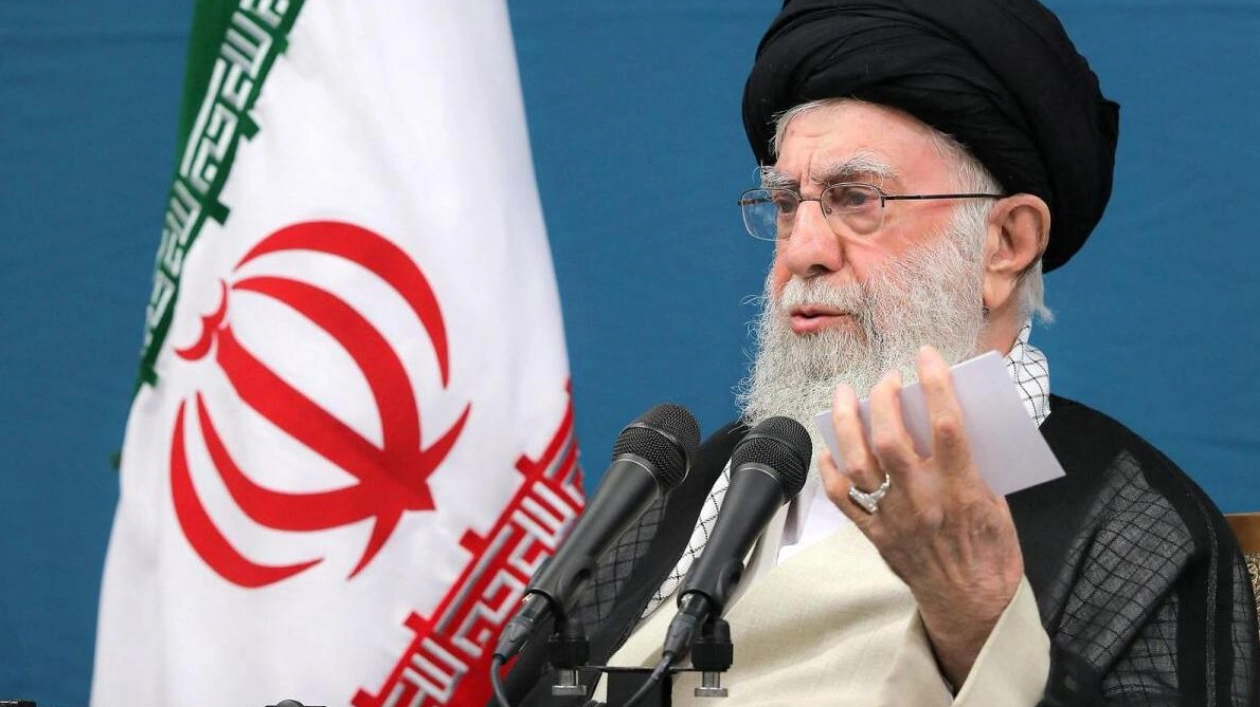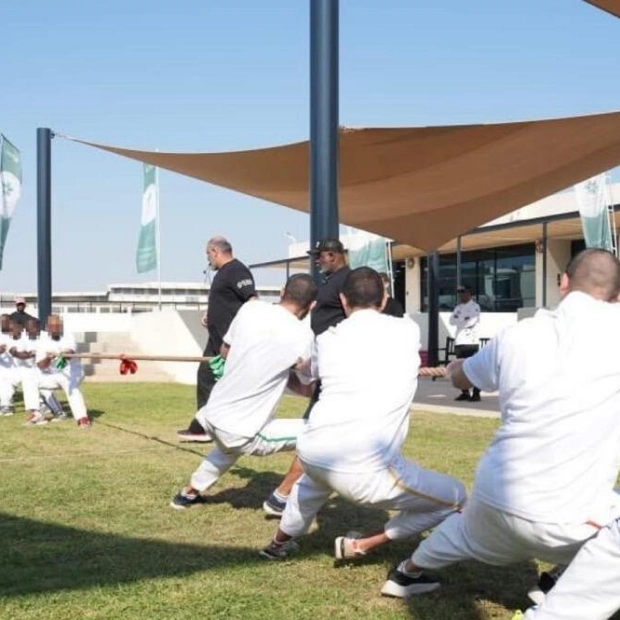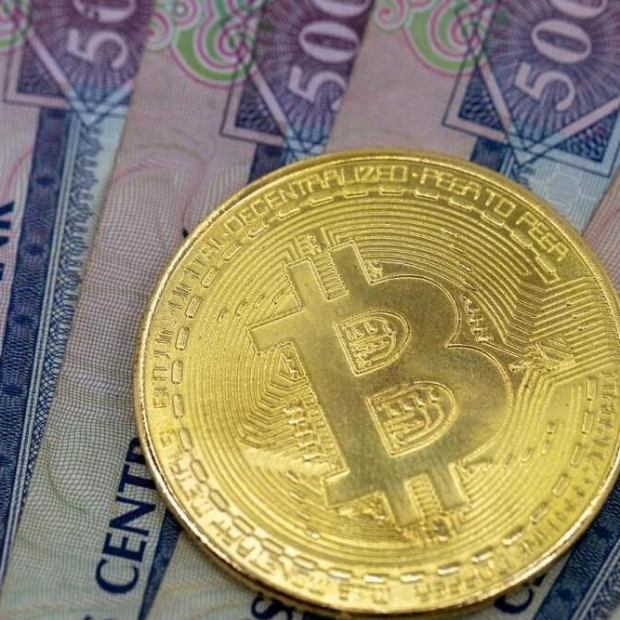Supreme Leader Ayatollah Ali Khamenei has been relocated to a secure location within Iran due to heightened security concerns, sources informed Reuters. This move comes a day after Israel assassinated the leader of the Iran-backed Lebanese group Hezbollah in a strike on Beirut. The decision to protect Iran's top decision-maker reflects the Iranian authorities' growing anxiety as Israel continues its series of devastating attacks on Hezbollah, Iran's most powerful and well-equipped ally in the region.
Reuters reported earlier this month that Iran's elite Revolutionary Guards Corps, the ideological protectors of the Islamic Republic, had instructed all members to cease using any communication devices after thousands of pagers and walkie-talkies used by Hezbollah were destroyed. Lebanon and Hezbollah accuse Israel of being behind these attacks, although Israel has neither confirmed nor denied involvement.
Two regional officials, briefed by Tehran and speaking to Reuters, confirmed that Khamenei had been moved to a safe location. They also revealed that Iran was in contact with Hezbollah and other regional proxy groups to strategize the next steps following Nasrallah's assassination. In addition to Nasrallah, Friday's strikes by Israel in Beirut resulted in the death of Revolutionary Guards' deputy commander Abbas Nilforoushan, according to Iranian media.
Khamenei issued a statement following Israel's announcement of Nasrallah's death, asserting, "The destiny of this region will be shaped by the forces of resistance, with Hezbollah leading the way." He also declared five days of mourning to honor Nasrallah's death, stating, "The blood of the martyr shall not go unavenged."
Nasrallah's death is a significant setback for Iran, as it removes a crucial ally who played a pivotal role in building Hezbollah into the cornerstone of Tehran's network of allied groups in the Arab world. This network, known as the 'Axis of Resistance,' spans from Hezbollah in Lebanon to Hamas in Gaza, Iran-backed militias in Iraq, and the Houthis in Yemen. Hamas has been engaged in a year-long conflict with Israel, while the Houthis have launched missiles at Israel and ships in the Gulf of Aden and the Red Sea.
Hezbollah has been actively exchanging fire across the Lebanese border throughout the Gaza War and has vowed to continue until a ceasefire is established in Gaza. Following the destruction of pagers and walkie-talkies, an Iranian security official disclosed to Reuters that the Revolutionary Guards were conducting a large-scale operation to inspect all communication devices. Most of these devices were either homemade or imported from China and Russia.
The official also mentioned that Iran was deeply concerned about infiltration by Israeli agents, including Iranians working for Israel, and a thorough investigation targeting mid and high-ranking members of the Revolutionary Guards has already commenced. In another statement, Iranian President Masoud Pezeshkian accused the United States of being complicit in Nasrallah's assassination by supplying weapons to Israel.






